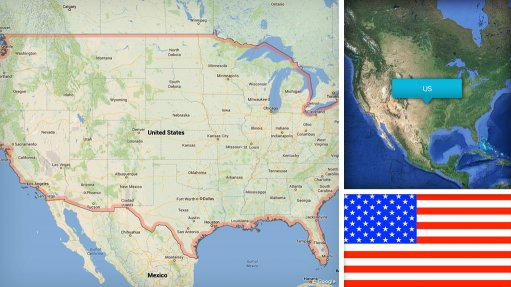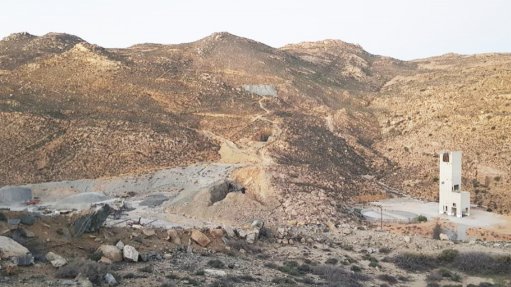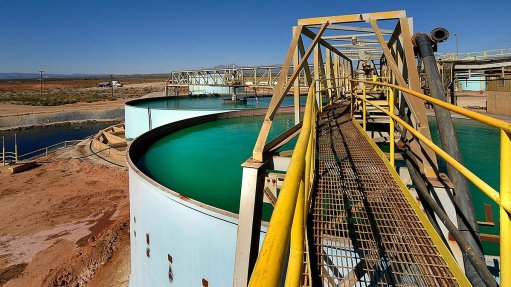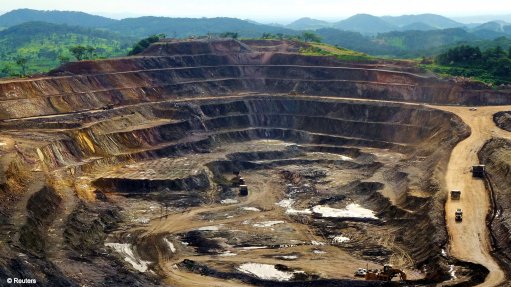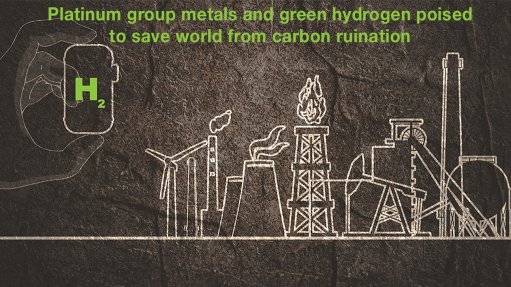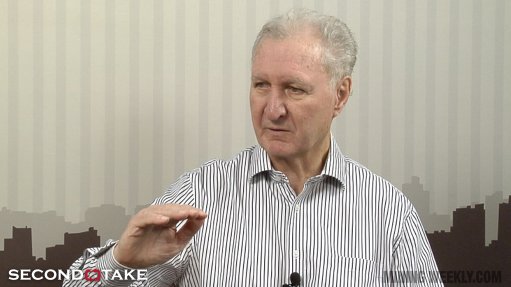Platinum Belt – whereto now?
By Lucas Moalusi
The longest strike in South African history, the Platinum Belt strike, officially came to an end on June 24. Having lasted five agonising months, the strike saw the businesses of the top three platinum producers in the world on the brink of failure. The strike has reportedly cost the mines more than R24-billion and the employees more than R10-billion in lost wages.
The strike took place almost three years after the Marikana massacre, which was the dramatic culmination of a series of violent incidents involving striking mineworkers, Lonmin security forces and the South African Police Service, and resulted in the death of 34 people and the injury of countless others. The Farlam Commission is still investigating the matter, and new testimonies are heard daily. The landowner where the incident occurred is the Bapo-Ba-Mogale traditional community.
Just like Bapo, various other traditional communities in South Africa have mining operations on their land. This is especially true of the Platinum Belt. Some of these communities have a financial interest in the mines operating on their land by way of shareholding and/or participation interest. The communities are financially highly reliant on the continued operation of these mines, as most of the members of these communities are mine employees. As closely affected communities, these communities should, ordinarily, be benefiting financially more than any other entity, be this through a shareholding/participation interest or through social and labour plans.
One of the major outcomes of the strike has been an increase in the employees’ salaries and a discussion in respect of employee share incentive scheme, following the Kumba Iron Ore example. It has been proposed that, through such a scheme, the mine employees will see themselves as beneficiaries of the profits made by the mines, eliminating the perception that only senior managers benefit from the profits. It is suggested that the employees will see themselves as being 'co-owners of the mines', and not mere employees who, potentially, could be exploited by the employer.
The debate to date has been more focused on improving the lives of the employees of the mines, largely ignoring the communities on whose land the mines are operating. The Sunday Independent recently reported that, in an unprecedented move by a landowner on whose land mining operations are conducted, the Bapo have considered approach the courts to set aside the Lonmin mine employees strike. The argument presented by the community was that the strike had negatively impacted on the members of its community (including those employed by the mine) and the various businesses within the community that are mainly reliant on continued mining operations.
The Bapo have taken a firm stance regarding the impact the strike has had on its members, and have gone so far as protesting the strike before the Constitutional Court. The Bapo, however, are not an isolated case within communities affected negatively by the strike. The impact of the strike was also been felt by local communities like the Bafokeng and the Bakgatla-Ba-Kgafela. An argument can be made for the affected communities that, in terms of the South African Constitution, everyone has the right to shelter, food and water. The strike deprived the communities of these amenities. Clearly, these rights were not given paramount importance during the strike as it became clear from the overemphasis of the rights of the employer and of the employees. Less was said about the entitlement of the affected communities in respect of profit sharing in the operations.
In the absence of a direct shareholding or participation interest, these communities mainly benefit from social and labour plans but, in some instances, the affected community does not even have a say in the implemented social and labour plans. The reality remains that, except for a few communities, most of the communities do not have any entitlement nor stake in the relevant mining operations on their land. Some of the communities have consistently raised this issue but, with the exceptional coverage of the mine employees, the communities have been left largely unheard.
Perhaps the communities that are being unfairly excluded from the financial benefits of the profits coming out of the mining operations on their land should also take to the streets to express their unhappiness. Maybe only then will the powers that be hear their cry. As a country, we should learn that silent waters are more dangerous than turbulent storms. Unless these communities are taken seriously and included in the profit-sharing schemes currently being considering in relation to employees but which, notably, do not include the affected communities, these communities will lose their patience. What happened during the recent platinum strike may become just a storm in a teacup.
* Moalusi is a partner in the global mining practice group at Fasken Martineau and head of the law firm's mining practice group in Johannesburg
Comments
Press Office
Announcements
What's On
Subscribe to improve your user experience...
Option 1 (equivalent of R125 a month):
Receive a weekly copy of Creamer Media's Engineering News & Mining Weekly magazine
(print copy for those in South Africa and e-magazine for those outside of South Africa)
Receive daily email newsletters
Access to full search results
Access archive of magazine back copies
Access to Projects in Progress
Access to ONE Research Report of your choice in PDF format
Option 2 (equivalent of R375 a month):
All benefits from Option 1
PLUS
Access to Creamer Media's Research Channel Africa for ALL Research Reports, in PDF format, on various industrial and mining sectors
including Electricity; Water; Energy Transition; Hydrogen; Roads, Rail and Ports; Coal; Gold; Platinum; Battery Metals; etc.
Already a subscriber?
Forgotten your password?
Receive weekly copy of Creamer Media's Engineering News & Mining Weekly magazine (print copy for those in South Africa and e-magazine for those outside of South Africa)
➕
Recieve daily email newsletters
➕
Access to full search results
➕
Access archive of magazine back copies
➕
Access to Projects in Progress
➕
Access to ONE Research Report of your choice in PDF format
RESEARCH CHANNEL AFRICA
R4500 (equivalent of R375 a month)
SUBSCRIBEAll benefits from Option 1
➕
Access to Creamer Media's Research Channel Africa for ALL Research Reports on various industrial and mining sectors, in PDF format, including on:
Electricity
➕
Water
➕
Energy Transition
➕
Hydrogen
➕
Roads, Rail and Ports
➕
Coal
➕
Gold
➕
Platinum
➕
Battery Metals
➕
etc.
Receive all benefits from Option 1 or Option 2 delivered to numerous people at your company
➕
Multiple User names and Passwords for simultaneous log-ins
➕
Intranet integration access to all in your organisation







